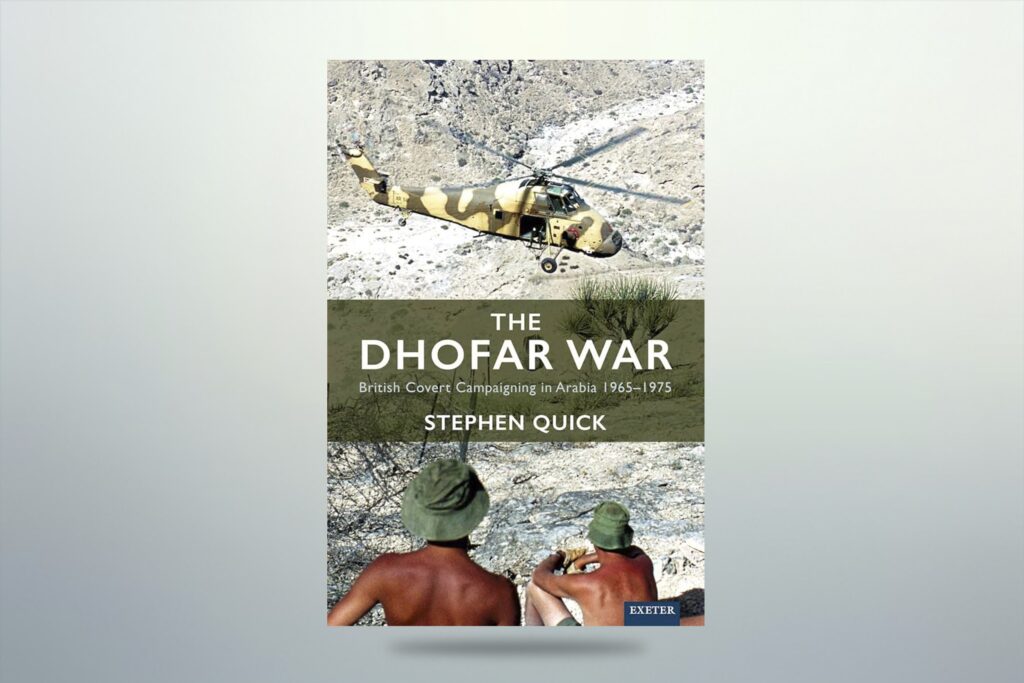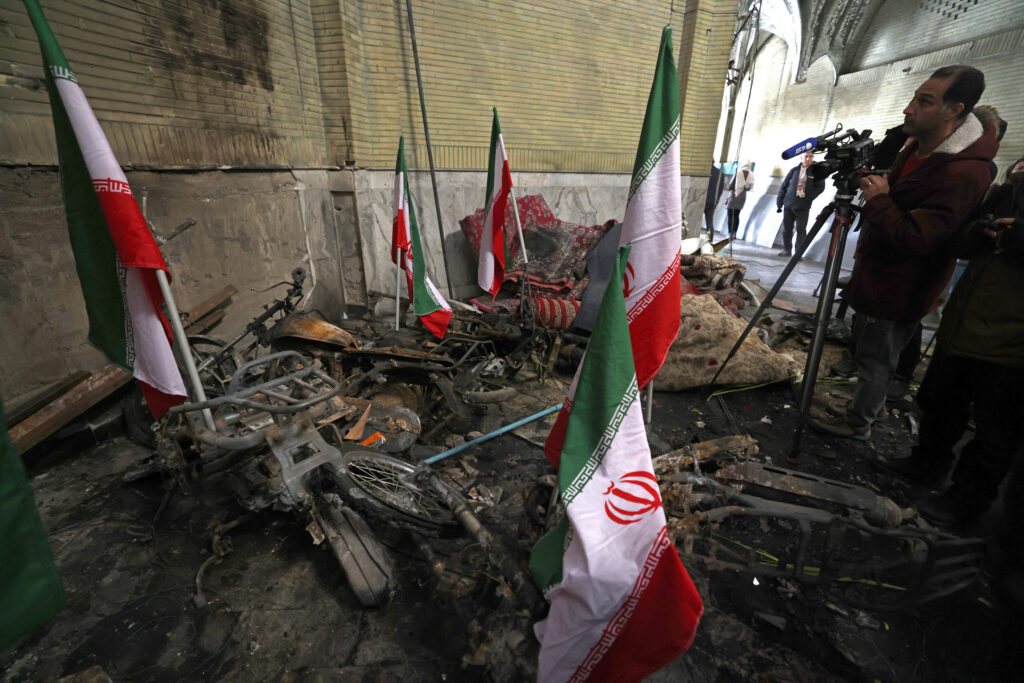Between 1963 and 1976, the Dhofar province in the Sultanate of Oman became the battlefield between an insurgency led by the Dhofar Liberation Front and the Omani armed forces. The conflict crystallised many themes of that era in the Middle East: The diffusion of Marxist ideology and pan-Arab nationalism in the Arabian peninsula, and the independence of Gulf states from their former “protector”, the United Kingdom. The combination of these topics explains why, five decades later, the Dhofar war remains the object of numerous academic studies, including brilliant monographs like Abdel Razzaq Takriti’s Monsoon Revolution, and James Worrall’s Statebuilding and Counterinsurgency in Oman.
But over the years, our understanding of the Dhofar war has often been blurred by external considerations. Some accounts inflated the importance of the British intervention in the war, turning it into a case study glorifying the UK school of counter-insurgency. Others have downplayed the role of British forces in support of Omani troops. This new book, authored by Stephen Quick, offers a more nuanced approach by arguing that the British role was decisive in winning the war against the insurgency at the tactical and operational levels, even though London’s political influence over the inner circles of Sultan Qaboos bin Said decreased in the final years of the conflict.
An assistant professor in security studies at Rabdan Academy (UAE) and a former British military officer, Quick delves into the details of the British involvement in the Dhofar war. The reader follows him as he examines archives to unpack the intricacies of secret diplomacy, when the government in London decided to increase its support for the Omani military (often out of public, and even Parliament’s, view). But local politics quickly got in the way of military strategy, as London supported the overthrow of Sultan Said bin Taimur by his son, Qaboos, in the middle of the war in 1970. Quick shows how the ruling transition may have favoured the UK’s interests in Oman, but also gave rise to a new leader who was eager to build his own power base and distance himself from his British advisers. The early 1970s were therefore marked by the eventual decline of the UK’s influence in Omani politics.
To explain this slow disconnect between the enduring British military influence in Dhofar and its waning political clout in Muscat, Quick introduces an analytical framework he calls the “sliding scale of influence”. It enables him to distinguish between several sectors of influence, and split the period of the Dhofar war into three distinct phases which eventually led to both the decline of general British influence, and the victory against the insurgency.
The author does not only look at the political-strategy level but assesses also the nuts and bolts of British security assistance to Omani forces. He shows how much of the military plans, and their execution, were shaped by the presence of British military advisers. In the last phase of the war, Sultan Qaboos relied also on Jordanian and Iranian troops to balance against the over-representation of British generals in the chain of command. But even then, as Quick explains, the poorly-trained soldiers sent by Jordan and Iran led the Omani ruler to keep relying on the British to conduct the war out of necessity.
The final chapters of the book also detail the various effects of the British counter-insurgency campaign. Quick describes how the sultanate did not just rely on government support provided by the UK, but also, more insidiously, outsourced the war to private companies and soldiers of fortune who became known as “the Muscat Mafia”. His portrayal of Colonel Timothy Landon, an influential adviser who became one of the richest persons in the UK thanks to his Omani connections, could be the basis of a John Le Carre novel.
Overall, The Dhofar War is a precious monograph that offers a new look at a much-discussed conflict. It sheds new light on a major episode in the modern history of the Arabian Peninsula, when the decline of the British Empire led to new forms of Western influence in the region. It also provides a nuanced case study about the complexities of counter-insurgency campaigns that remains relevant today.





